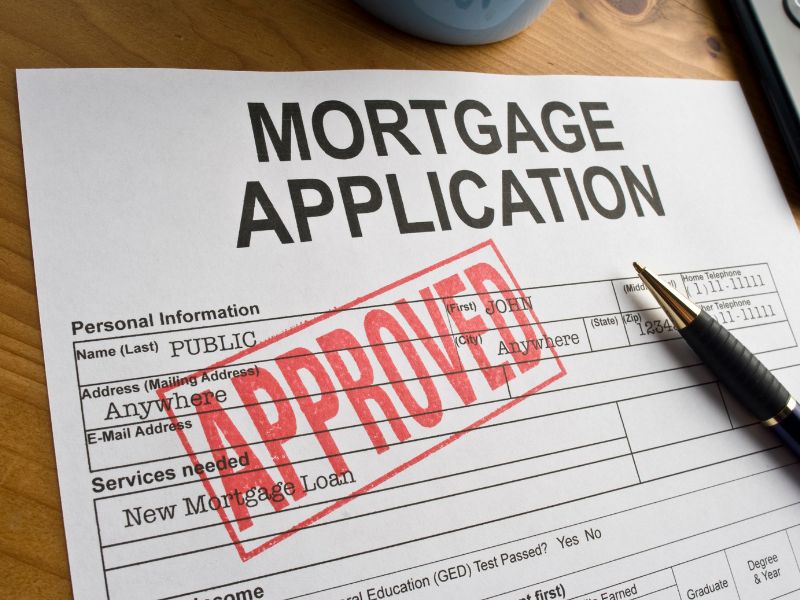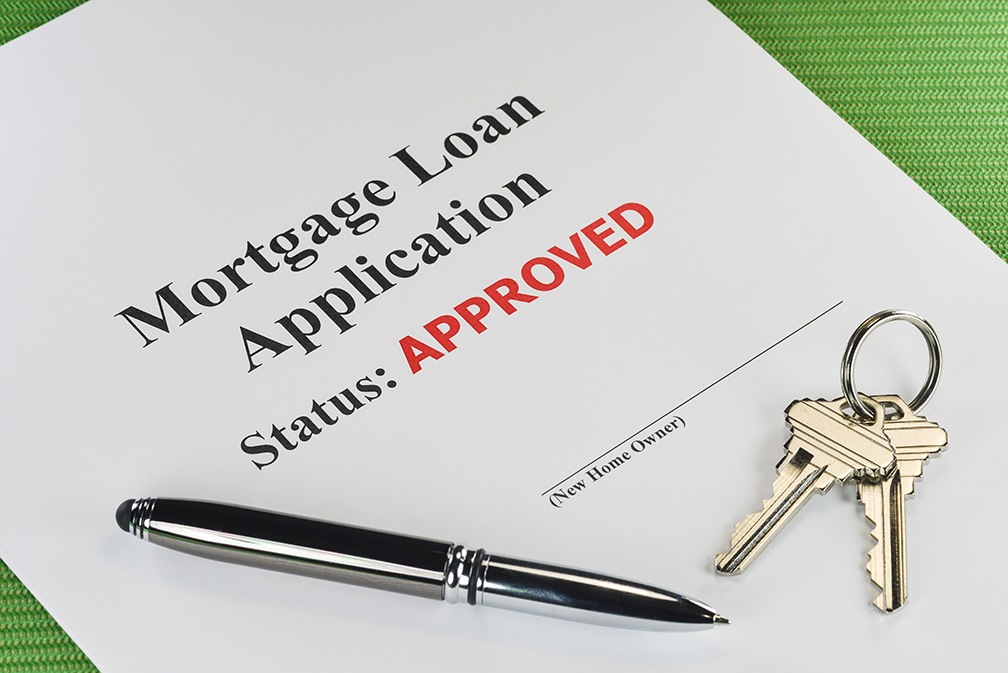Why You Need to Be Truthful on Your Mortgage Application
 There are few things better than finding your dream home and being able to afford it, but simply because you’ve found the perfect place doesn’t mean you should stretch the truth. It might seem tempting to polish your mortgage application a little in the hopes of making a better impression, but here are a few reasons why you should stick to the truth when signing off on your home.
There are few things better than finding your dream home and being able to afford it, but simply because you’ve found the perfect place doesn’t mean you should stretch the truth. It might seem tempting to polish your mortgage application a little in the hopes of making a better impression, but here are a few reasons why you should stick to the truth when signing off on your home.
Your Credit History Tells All
It can be tempting to bump up your salary or make some hefty deposits into your savings account. However, lenders will be taking a look at your financial history by way of your bank statements, credit report, and paystubs so they’re likely to discover any erroneous details. If you’re not honest about your financial situation, the lender may suspect that you’re not a reliable buyer. Not only that, making false statements about your finances may give you more home than you can really afford, which can cause setbacks down the road.
Mortgage Fraud Is Still Fraud
A little white lie on your mortgage application might not seem like such a big deal, but because you are painting a picture of yourself that is not true, this can actually be considered mortgage fraud. While there are mistakes that can be made on any mortgage application given all the details required, it’s very important not to mislead the lender or home seller on purpose. It may not be common, but mortgage fraud can be punished with hefty fines or even prison time.
A Bad Way To Begin
There’s nothing like the feeling of moving into your newly purchased home and feeling enthusiasm for all the things it entails, but being dishonest about your financial situation can sully that. A lie may just be a small detail, but mortgage lenders look at a variety of factors to ensure you’re a good fit for a loan that will stay manageable month after month. While a minor mistruth may seem insignificant, it disables lenders from being able to assess if your financial situation is right for the home you want to purchase.
It may be enticing to fudge a few details on your mortgage application, but there can be serious implications involved in not being honest about the information on your application. If you’re currently in the market for a home, contact one of our mortgage professionals for more information.

 Getting a mortgage can potentially help your credit score, as long as you make your payments on time and in full each month. Payment history is one of the most important factors that influence your credit score, so consistently making your mortgage payments on time can have a positive impact on your credit score over time.
Getting a mortgage can potentially help your credit score, as long as you make your payments on time and in full each month. Payment history is one of the most important factors that influence your credit score, so consistently making your mortgage payments on time can have a positive impact on your credit score over time. Are you in the market for a new home? If you are going to rely on mortgage financing to cover some of the purchase cost, you will need to start the application process as soon as possible. However, what if you just need to know how much you will be able to borrow so you can start finding homes in your price range?
Are you in the market for a new home? If you are going to rely on mortgage financing to cover some of the purchase cost, you will need to start the application process as soon as possible. However, what if you just need to know how much you will be able to borrow so you can start finding homes in your price range? Have you finally found your dream home after months of searching, only to discover that the seller has received other offers? Few circumstances can raise your stress level as much as finding yourself in a bidding war against another buyer. However, being unprepared by not having your finances in order can make the situation even worse. Let’s take a quick look at a few ways that you can speed up your mortgage approval if you are in a hurry to buy your next home.
Have you finally found your dream home after months of searching, only to discover that the seller has received other offers? Few circumstances can raise your stress level as much as finding yourself in a bidding war against another buyer. However, being unprepared by not having your finances in order can make the situation even worse. Let’s take a quick look at a few ways that you can speed up your mortgage approval if you are in a hurry to buy your next home. With the new year right around the corner, that leaves you with precious little time to get your finances in order. Let’s explore a few tips that will help you get a jump on improving your credit score before the end of the year.
With the new year right around the corner, that leaves you with precious little time to get your finances in order. Let’s explore a few tips that will help you get a jump on improving your credit score before the end of the year.